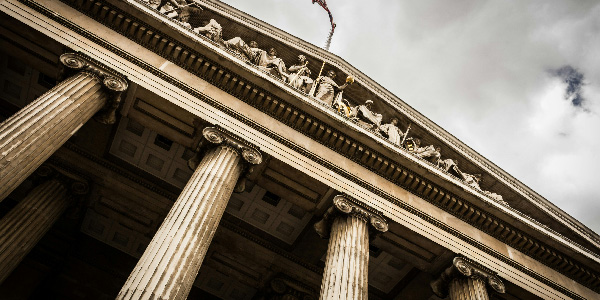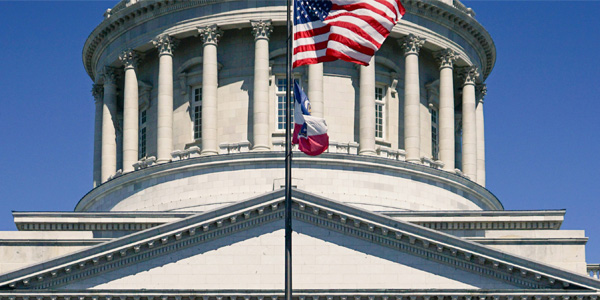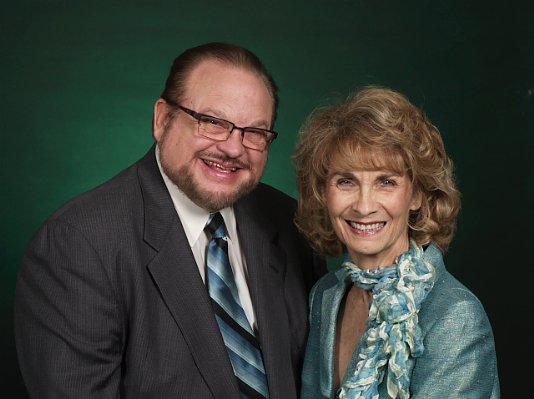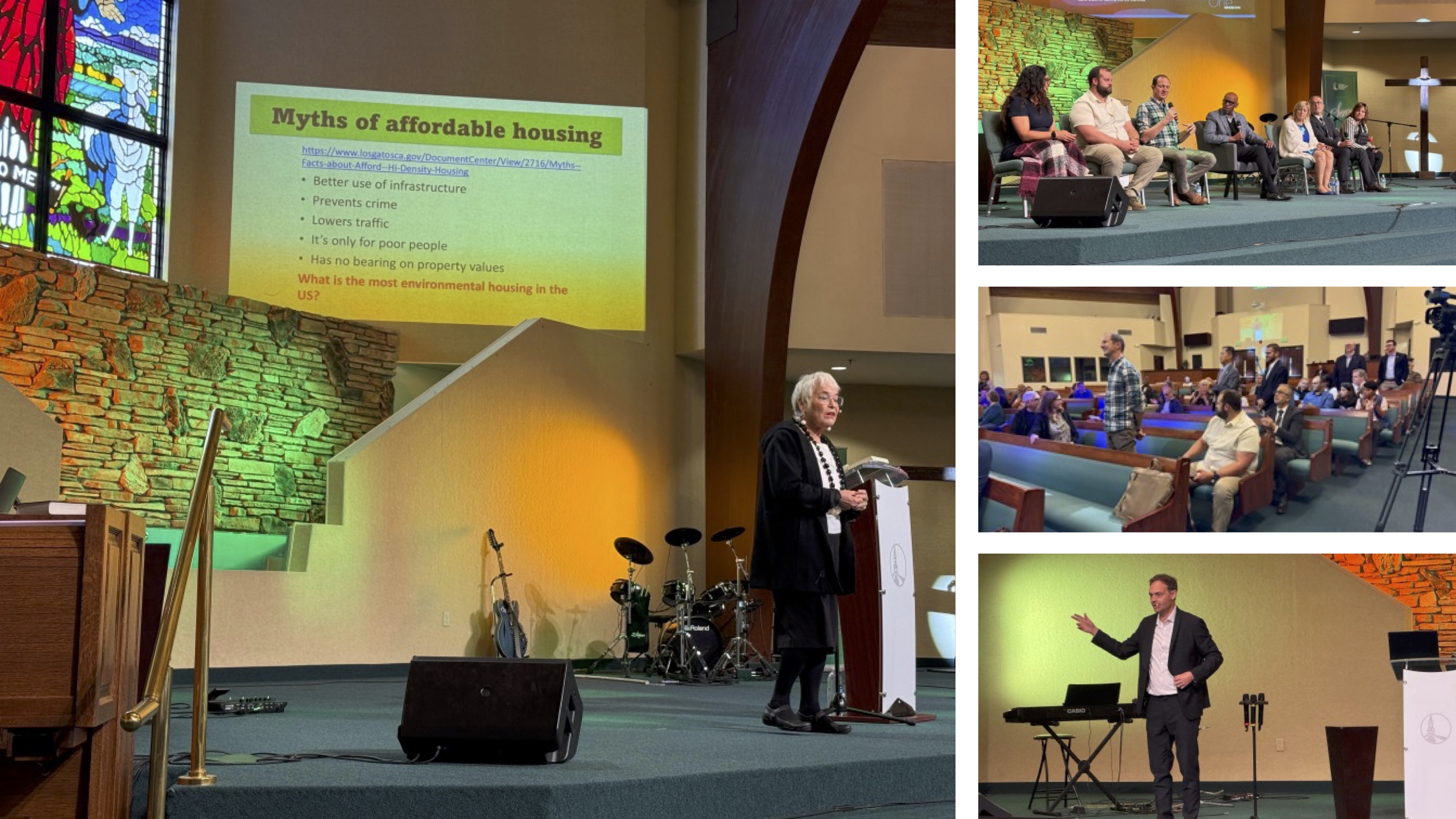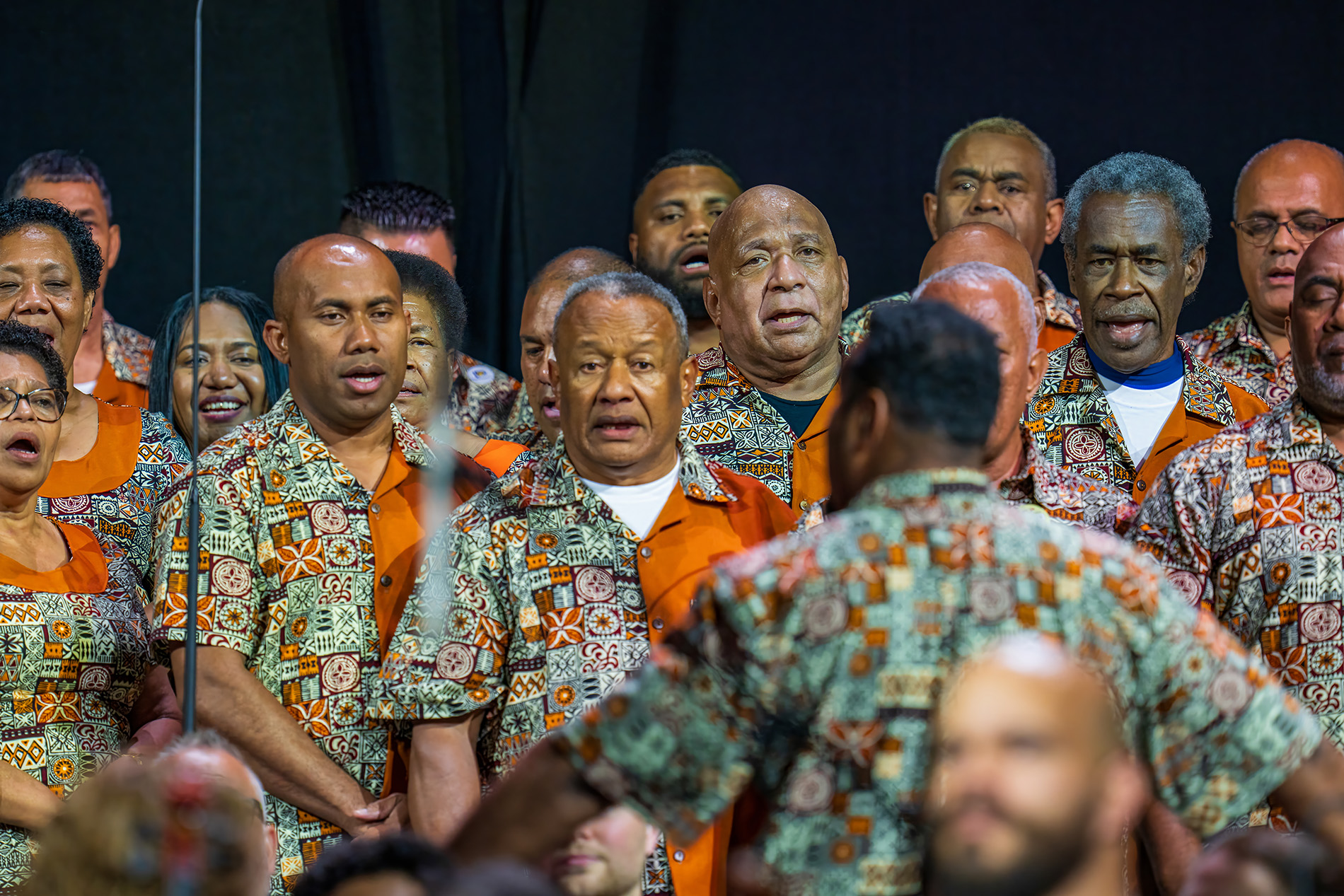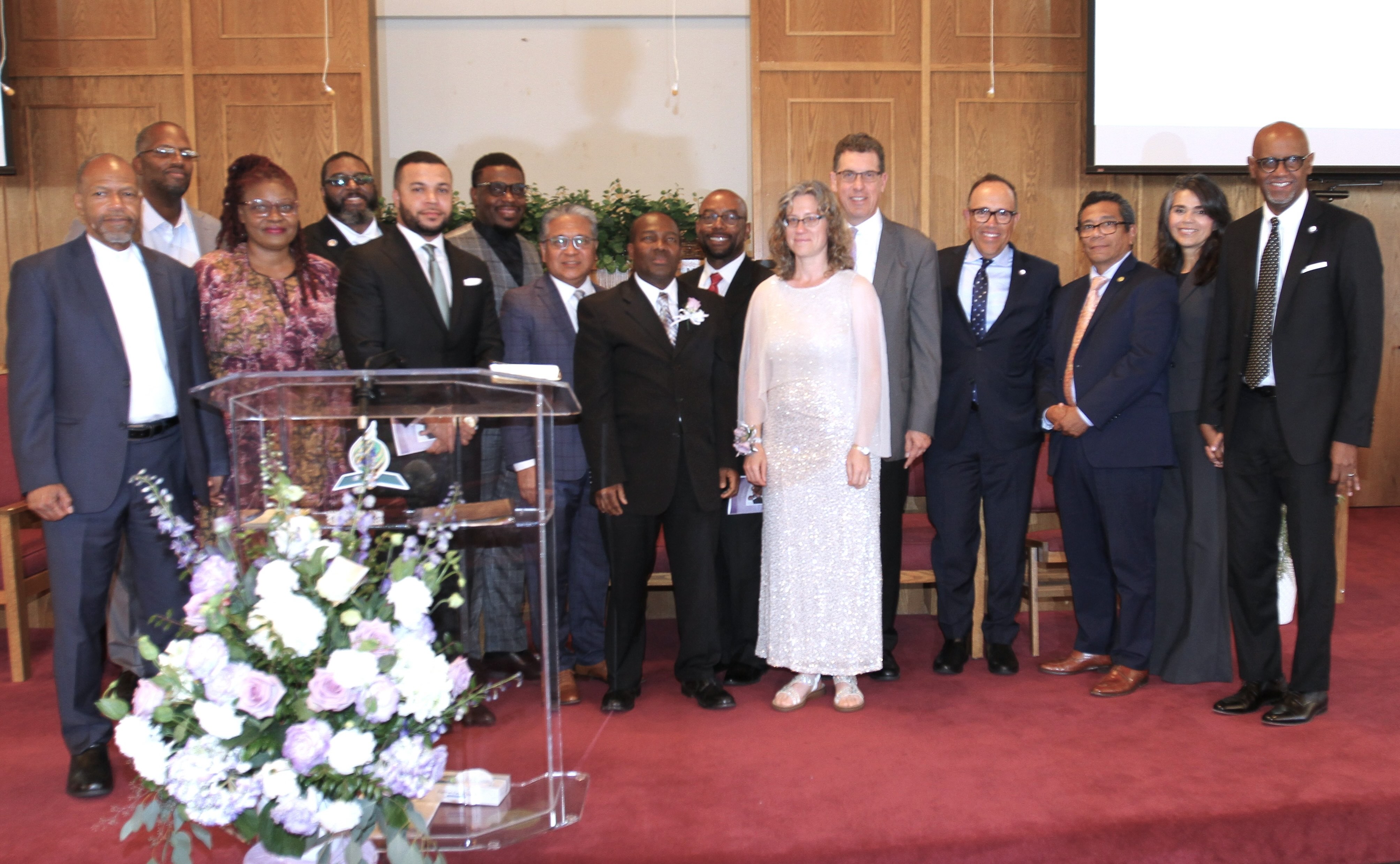Throughout history, nations have frequently enforced religious uniformity, and punished those who believe and worship differently. In the past century, religious intolerance has expanded to nations where secular ideologies such as Nazism, Fascism, or atheistic socialism hold sway. The separation of church and state, properly understood, prevents government from exercising authority over the consciences of its citizens, protecting religious liberty.
Our Founding Fathers understood the importance of protecting the rights of conscience. They stood in the Protestant tradition, which centuries earlier had insisted that: “in matters of conscience, the majority has no power.” Government was not to mandate truth. They held that all men were “created equal,” each possessing certain “inalienable rights” that were “given by God.” First among the Bill of Rights was Religious Liberty: “Congress shall make no law respecting an establishment of religion, or prohibiting the free exercise thereof.”

